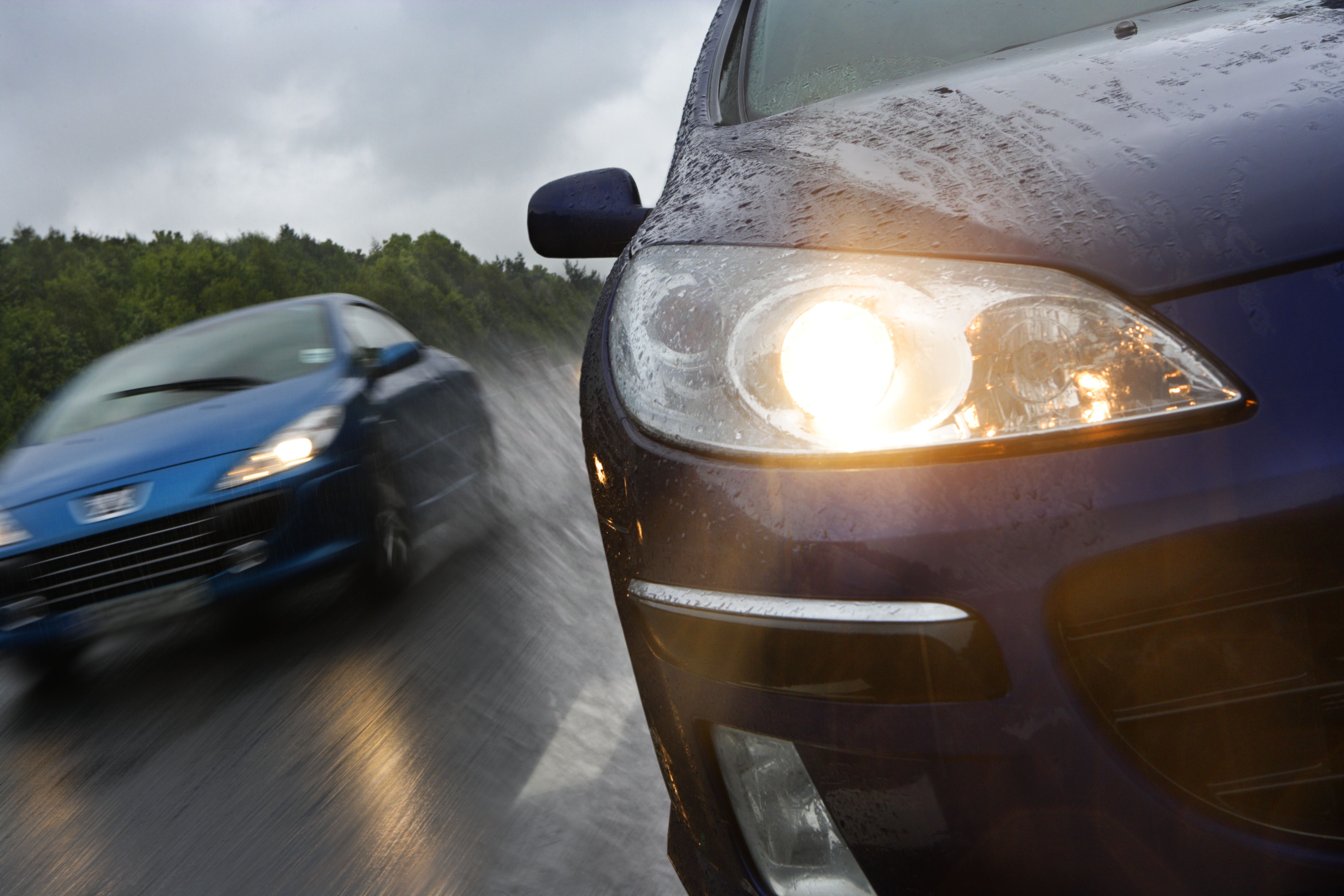But then, during the Eighties, the number of cars on our roads began to explode. Between 1985 and 2020, an extra 1.5 million cars found their way on to Irish roads. In that time, car ownership became a rite of passage — a sign that you had finally arrived in the realm of adulthood.
With this vast increase in car ownership, it’s easy to understand how we became ever more obsessed with creating a transport infrastructure that placed the car front and centre in terms of prioritising road space. Our engineers, our transport planners, our policy makers and society in general worshipped at the altar of the car — and naturally we became blinded to alternatives.
There’s a term for this blindness, ‘motonormativity’, and it was coined last year by Dr Ian Walker, a professor of environmental psychology in Wales. The car always gets a free pass. Because, well… it’s the car
His research concluded that most of us have a “cultural inability to think objectively and dispassionately” about cars — and it leads us to have a massive blind spot when it comes to the damage that cars can do to our health and wellbeing.
Giving cars a free pass is hardwired into our brains at a very young age and it’s almost impossible to rewire this thinking later in life.
Walker’s survey of 2,000 adults asked a number of questions to reveal how deep this bias runs, to see how badly we are affected by ‘car brain’. For example, people were asked to agree or disagree with the statement: ‘People shouldn’t smoke in highly populated areas, where other people have to breathe in cigarette fumes.’ Then they were asked to respond to a parallel statement about driving: ‘People shouldn’t drive in highly populated areas where other people have to breathe in the car fumes.’ A massive 75pc of people agreed with the first statement — but only 17pc agreed with the second. For Walker, this disconnect is where car brain comes into play. “We wanted to demonstrate that when we talk about driving, people are not applying their normal values.”
Last week, Conor Skehan wrote in this paper about the tragic loss of life on Irish roads and offered some solutions. His well-intentioned opinion piece was a classic example of the cognitive gymnastics we all tend to engage in, to justify the continued domination of the car on our roads.
It featured this truly extraordinary statement: “Speed limits are a recognised way of modifying behaviour to reduce road deaths. Where are the equivalent measures to address the behaviours by pedestrians and cyclists that lead to road deaths?”
I had to read that twice. When pedestrians die on our roads, it isn’t the walking that kills them.
Motorised vehicles kill 3,700 people every day throughout the world, and maim many thousands more. Road traffic injuries are the leading cause of death among children worldwide. Here in Ireland, over 20 people are seriously injured on our roads every week, many of them suffering life altering consequences.
If any other form of transport was responsible for such carnage, it would be suspended immediately. Can you imagine Michael O’Leary having to explain if 20 of his planes were dropping out of the sky every day? Yet the car gets a free pass. Because, well… it’s the car.
This morning, the people of Wales woke up in a safer country, one where policymakers have had the courage to recognise that excessive speed is a major factor in road deaths. As of today, the default speed limit in every Welsh town is 20mph, or 32kmh.
The Irish equivalent would be to reduce the speed limit in all areas that currently have a speed limit of 50kmh down to 30kmh. Science tells us that such a reduction would save lives, massively reduce serious injury and save us a lot of money.
In the last two years, Paris, Brussels, London, Copenhagen and cities across Spain have introduced cuts in speed limits of up to 50pc, in a bid to protect vulnerable road users and reduce pollution. In London, collisions involving pedestrians have decreased by 63pc since the new limit was introduced.
Conor asked last week why we have a road safety policy that aims for zero deaths, when this target has never been achieved anywhere. That’s car brain. I would ask him how many deaths are acceptable? Is he willing to knock on even one door after a tragic incident and tell someone that their loved one’s death is part of the collateral damage we need to stoically accept. Because of, well… cars.
There is a better way, a safer way — and we should strive for it every day. Ciaran Cannon is a Fine Gael TD for Galway East
Denial of responsibility! Vigour Times is an automatic aggregator of Global media. In each content, the hyperlink to the primary source is specified. All trademarks belong to their rightful owners, and all materials to their authors. For any complaint, please reach us at – [email protected]. We will take necessary action within 24 hours.


